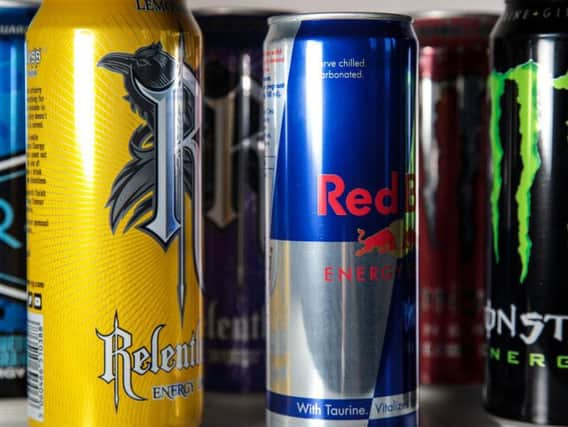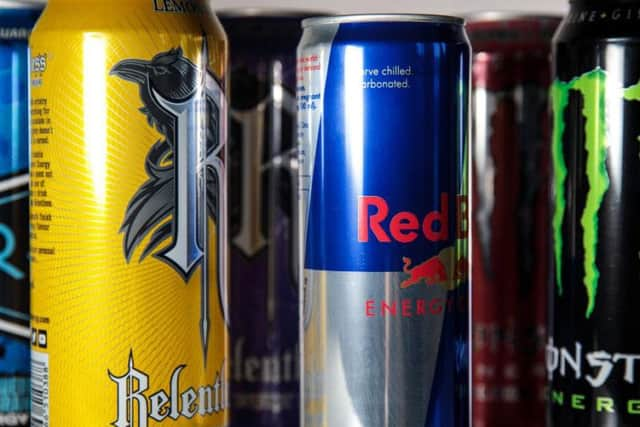Energy drinks could increase risk of stroke by 500%, says study


For lots of people in the UK, relying on an energy drink to get them through a long day is just another part of their routine.
But due to energy drinks being linked to irregular heartbeats, your chances of having a stroke could increase up to 500 per cent if you drink them.
Linked to strokes?


Advertisement
Hide AdAdvertisement
Hide AdAccording to Very Well Health, energy drinks have been found to be the cause of a wide variety of problems, ranging from dizziness to strokes.
Rheumatologist Rula Hajj-Ali, of the Cleveland Clinic, states, “Energy drinks have megadoses of caffeine and sometimes other stimulants.
“We find that some people who use them come into the hospital with strokes or severe brain hemorrhages.”
In a study released by the European Society of Cardiology, Professor Milou-Daniel Drici said that energy drinks can lead to “a number of adverse conditions including angina, cardiac arrhythmia (irregular heartbeat) and even sudden death.”
Irregular heartbeats
Advertisement
Hide AdAdvertisement
Hide AdIrregular heart rhythm that is left untreated increases your risk of a stroke by five times, according to the British Heart Foundation.
The irregular heart rhythm called atrial fibrillation (AF), is a common abnormal heart rhythm which is also a major cause of strokes.
“This is because AF increases the risk of a blood clot forming inside the top chambers of your heart. This clot can travel to your brain and block an artery,” explains the British Heart Foundation.Trudie Lobban, founder and CEO of The Arrhythmia Alliance, said, “You wouldn’t necessarily have to have a faulty heart to suffer from arrhythmia - stimulants containing caffeine can trigger it.”
What are the signs of a stroke?
The main symptoms of a stroke can be recognised using the FAST method:
Advertisement
Hide AdAdvertisement
Hide Ad- Facial weakness: Can they smile? Or have their mouth or eye drooped?
- Arm weakness: Can they raise both of their arms?
- Speech: Can they speak clearly and can they understand what you’re saying?
- Time: It’s time to call 999 immediately if you see any of these symptoms
The NHS states that as well as the symptoms covered by FAST there are other signs to keep an eye out for, including:
Advertisement
Hide AdAdvertisement
Hide Ad- A sudden and extremely severe headache which results in a blinding pain unlike anything previously experienced
- Problems controlling balance and coordination
- Experiencing a sudden loss of vision, or vision which is blurred
The British Heart Foundation describes a stroke as “a life-threatening medical emergency”, so it’s vital you act as quickly as possible.
What to do if you see someone having a stroke?
If you see someone having a stroke, your first priority is to phone 999 and get an ambulance.
Advertisement
Hide AdAdvertisement
Hide AdThe Stroke Foundation outlines some things you can do to help whilst you’re waiting for an ambulance.
If the person is conscious, you can:
Lay them down on their side with their head slightly raised and supported
While it may be your instinct you offer them a glass of water, do not offer them anything to eat or drink
Loosen any tight or restrictive clothing that might be causing difficulties breathing
Support any limbs that have signs of weakness
If the person has lost consciousness:
You should put them on their side
Advertisement
Hide AdAdvertisement
Hide AdYou should check their breathing and their pulse - if they have no pulse or are not breathing, you should start CPR
If you’re unsure how to perform CPR, the ambulance dispatcher will give you instructions on the phone